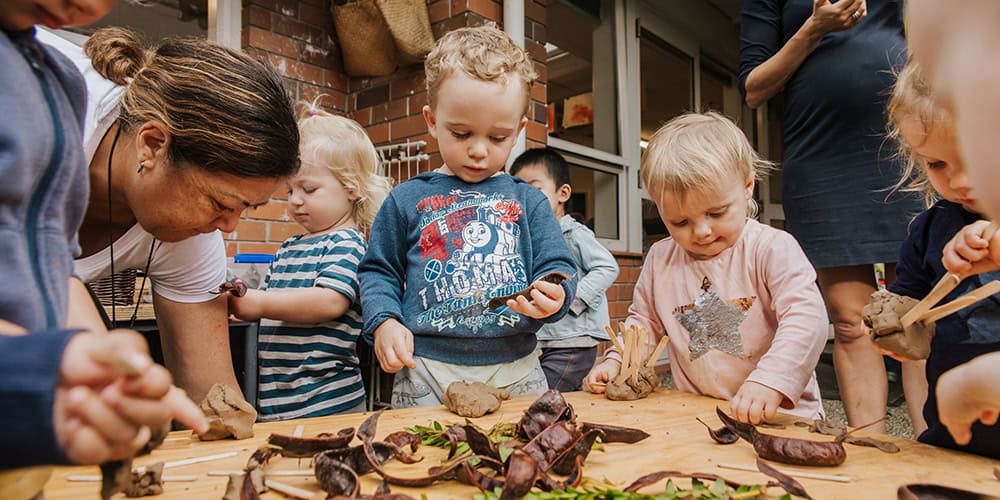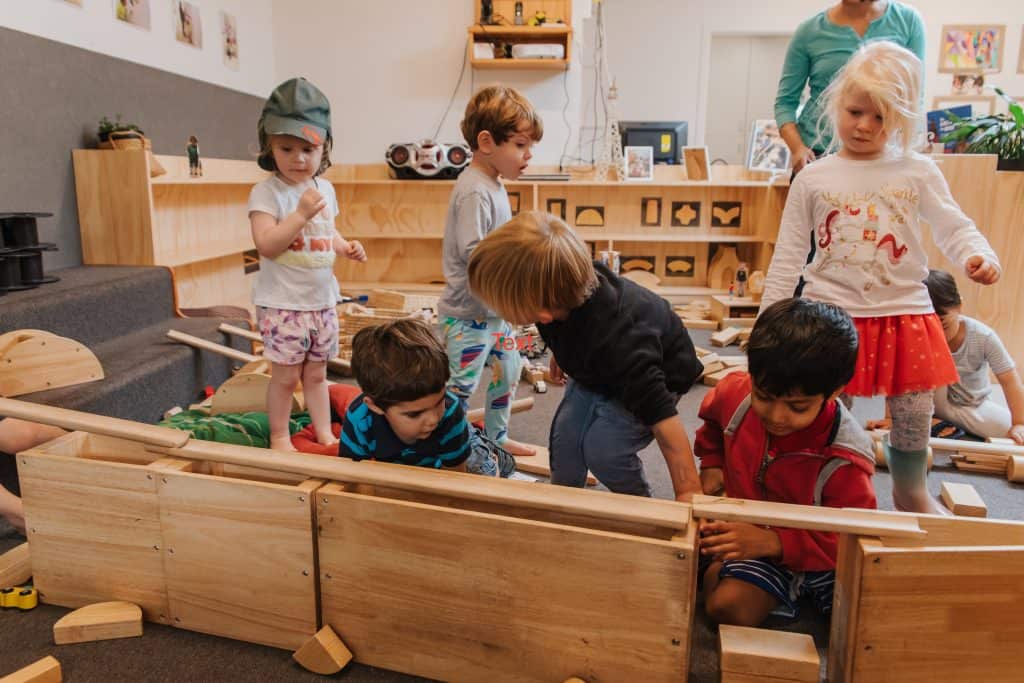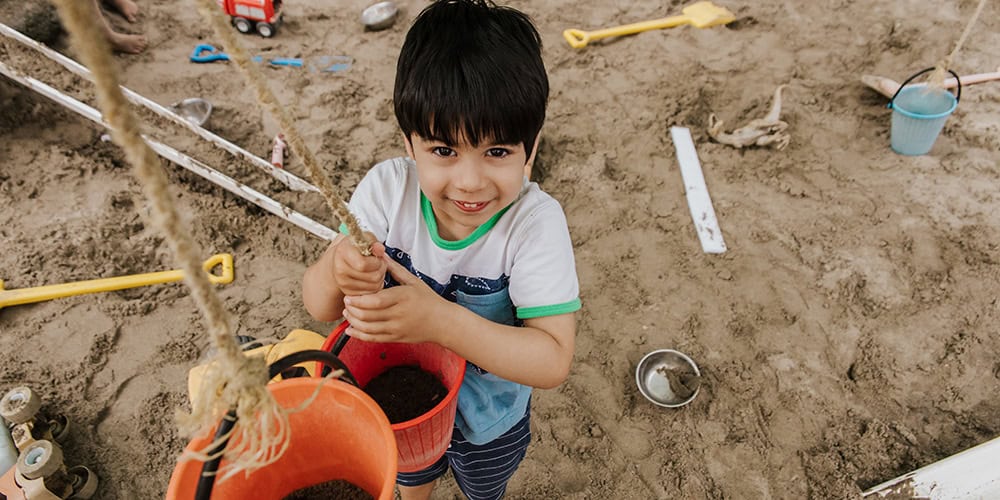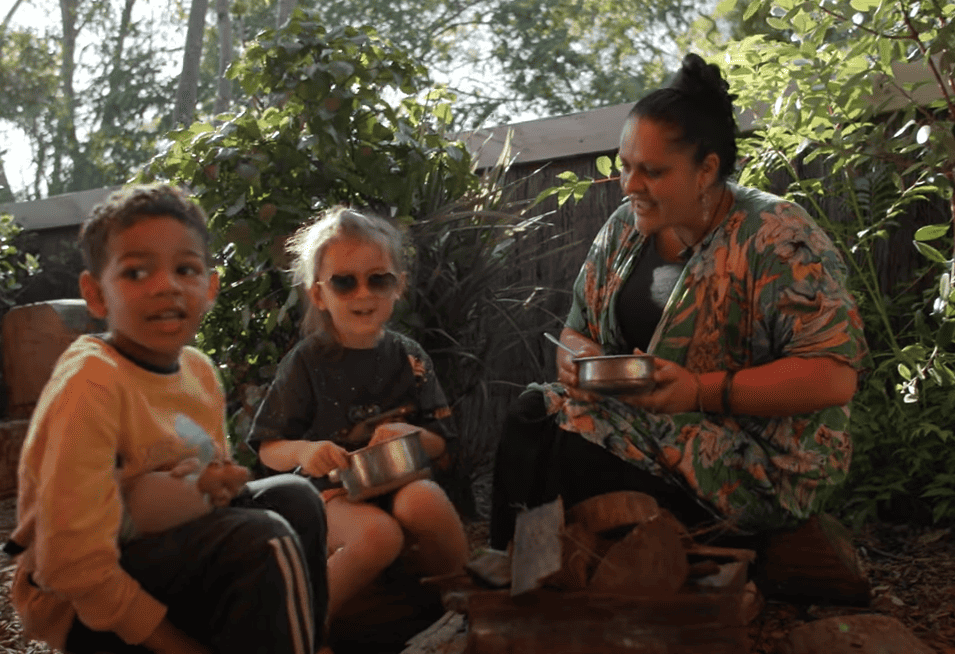theteam@theeducationhub.org.nz
Postal Address
The Education Hub
110 Carlton Gore Road,
Newmarket,
Auckland 1023
Research shows that children are capable of and interested in engaging with a range of scientific and STEM concepts from a young age.

A team of academics from the USA shares insights from a project exploring inquiry-based sustainability pedagogies and practices in early childhood settings

4th February 2026, 7.30pm
In this live webinar, internationally recognised researcher Professor Marilyn Fleer will share practical insights into how play worlds and narratives can be used to achieve meaningful science outcomes in early childhood and primary classrooms.

Professor Karen Malone shares insights from her research with teachers into ethical practices for engaging with nature in early childhood settings

Professor Amy Cutter-Mackenzie-Knowles and Dr Maia Osborn from Southern Cross University, Australia share findings from their research into teaching and learning science and STEM concepts through play-based pedagogies and nature play

Key insights from a webinar with Dr Lacey Peters, Dr Janette Habashi, Dr Victoria Damjanovic, and Dr Ingrid Anderson.

Key insights from a webinar with Professor Karen Malone of Swinburne University.

Blocks and construction materials provide rich opportunities for cross-curricular learning.

Using science for children to learn how to protect and nurture their environment.

Gardening opens up a wide range of opportunities for science, sustainability, and social emotional learning.

Engaging in Rongoā Māori in early childhood settings.